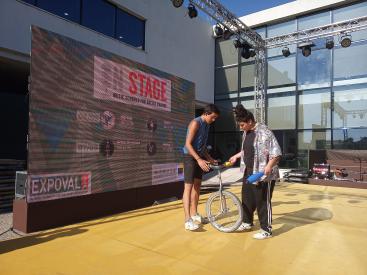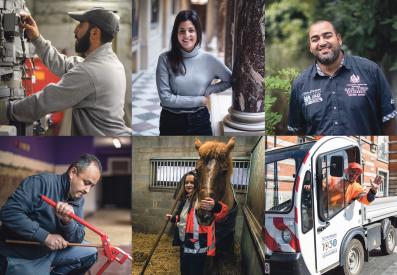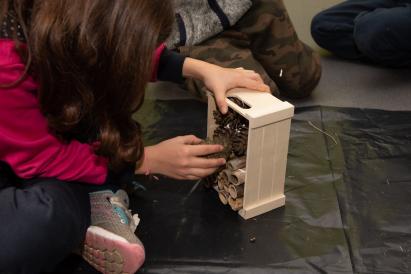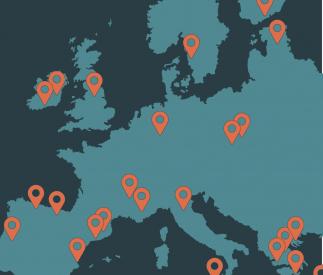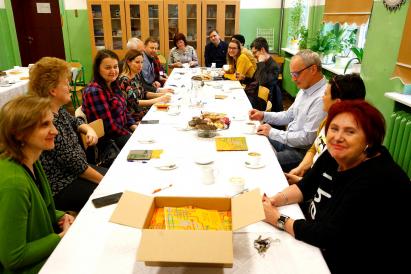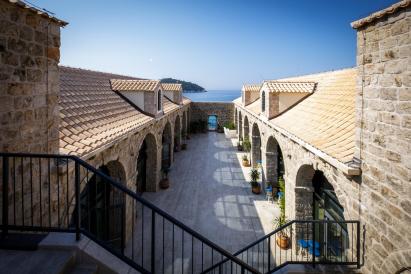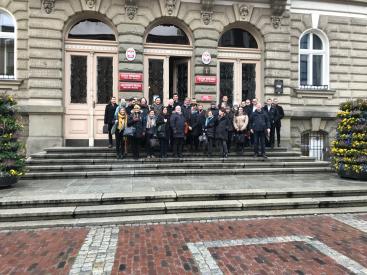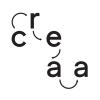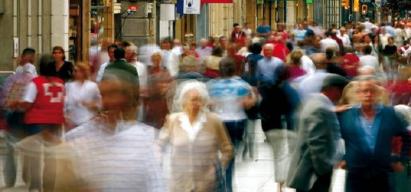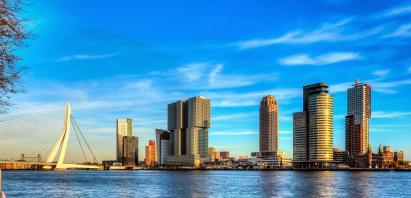LOURES BRINGS CHILDREN CLOSER TO AGRICULTURE AND ENVIRONMENT
The City Council of Loures organised in January and February, when covid-19 was still something far away from our “reality”, a series of workshops in two of the RU:RBAN pilots, the Quinta do Conventinho and the Petrogal urban gardens, aimed at bringing children closer to good environmental practices. Children are the engine, the driving force for a real change from some agricultural practices still in place, for example the use of chemicals in urban gardens, towards healthy and environmentally friendly practices. How do we do this? Through education, training and…why not, playing!

